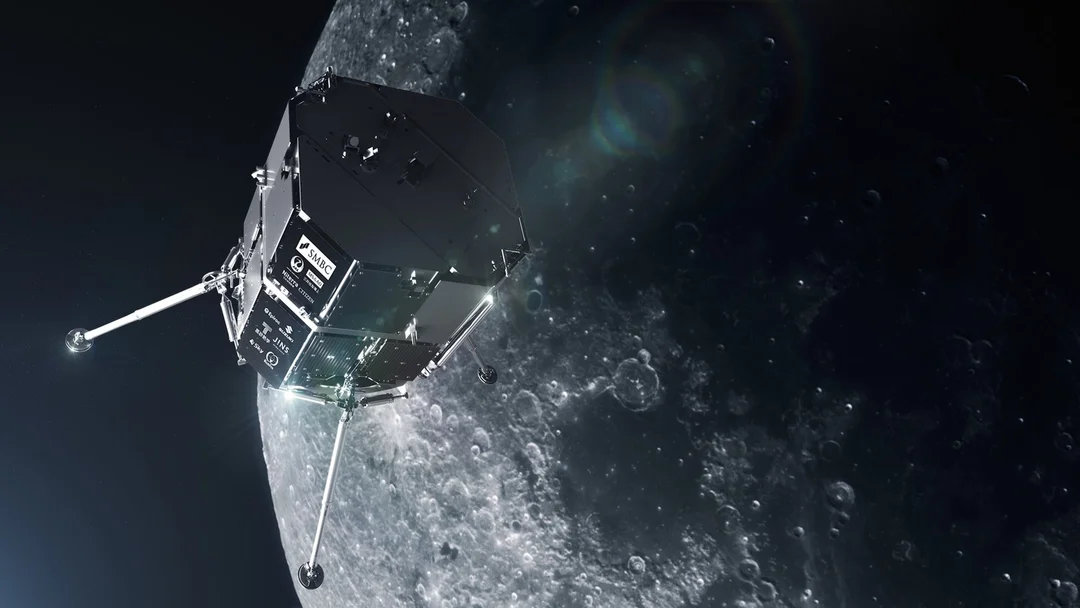
Ispace’s Resilience Lunar Lander Achieves Lunar Orbit: Touchdown Attempt in June
In a significant stride for commercial space exploration, ispace, a Japanese commercial space company, announced that its RESILIENCE lunar lander successfully entered lunar orbit. This marks a pivotal moment for the company's Mission 2 (SMBC x HAKUTO-R Venture Moon) and brings them closer to their ambitious goal of landing on the moon in early June.
The orbital injection maneuver, a critical phase of the mission, was completed on May 7th, solidifying ispace's "ability to deliver spacecraft and payloads into stable lunar orbits." This achievement represents the successful completion of the mission's seventh milestone, following the launch aboard a SpaceX Falcon 9 rocket on January 15th.

Takeshi Hakamada, Founder and CEO of ispace, expressed his pride in the team's accomplishment, stating, "First and foremost, we are extremely pleased that the RESILIENCE lander successfully reached lunar orbit as planned today... We will continue to proceed with careful operations and thorough preparations to ensure the success of the lunar landing."
The RESILIENCE lander is carrying a diverse suite of payloads, including the TENACIOUS micro rover designed by ispace-EUROPE which will explore the lunar surface. The mission offers an opportunity to demonstrate mobility on the Moon. The rover aims to collect lunar regolith and relay data back to the lander, providing valuable insights into the lunar environment.
Other notable payloads include a water electrolyzer, a food production experiment, a deep space radiation probe, and even a "Moonhouse," a model house created by Swedish artists. A UNESCO memory disk, containing data on humanity's linguistic and cultural diversity, will also be placed on the lunar surface as cultural heritage.
Currently, the landing is scheduled on the first week of June, specifically June 5th. This represents a second attempt for ispace. Their inaugural mission crash-landed in April 2023 due to a software glitch.
The success of this mission is crucial for ispace's long-term goals. The company is already planning subsequent missions, including Mission 3 (APEX 1.0 lunar lander) in 2026 and Mission 4 (Series 3 lander) in 2027. These missions aim to support the creation of fuel stations and habitats on the Moon, potentially paving the way for a permanent human presence.
Will ispace successfully execute its lunar landing in June? How will the data from the TENACIOUS rover contribute to our understanding of the lunar poles? Share your thoughts and predictions in the comments below!